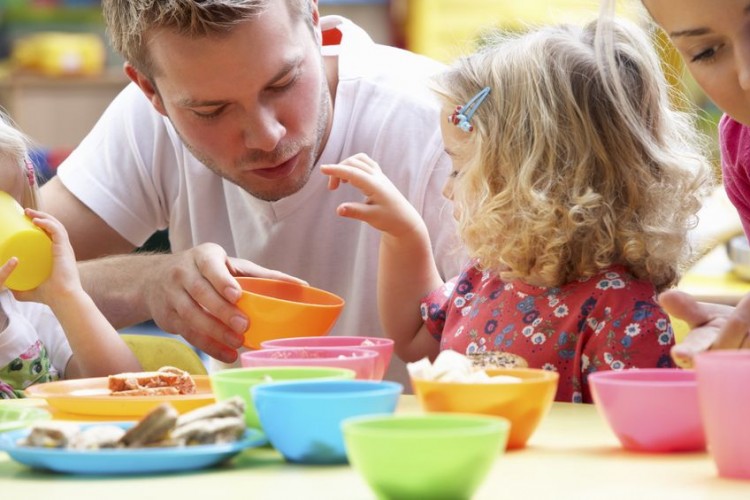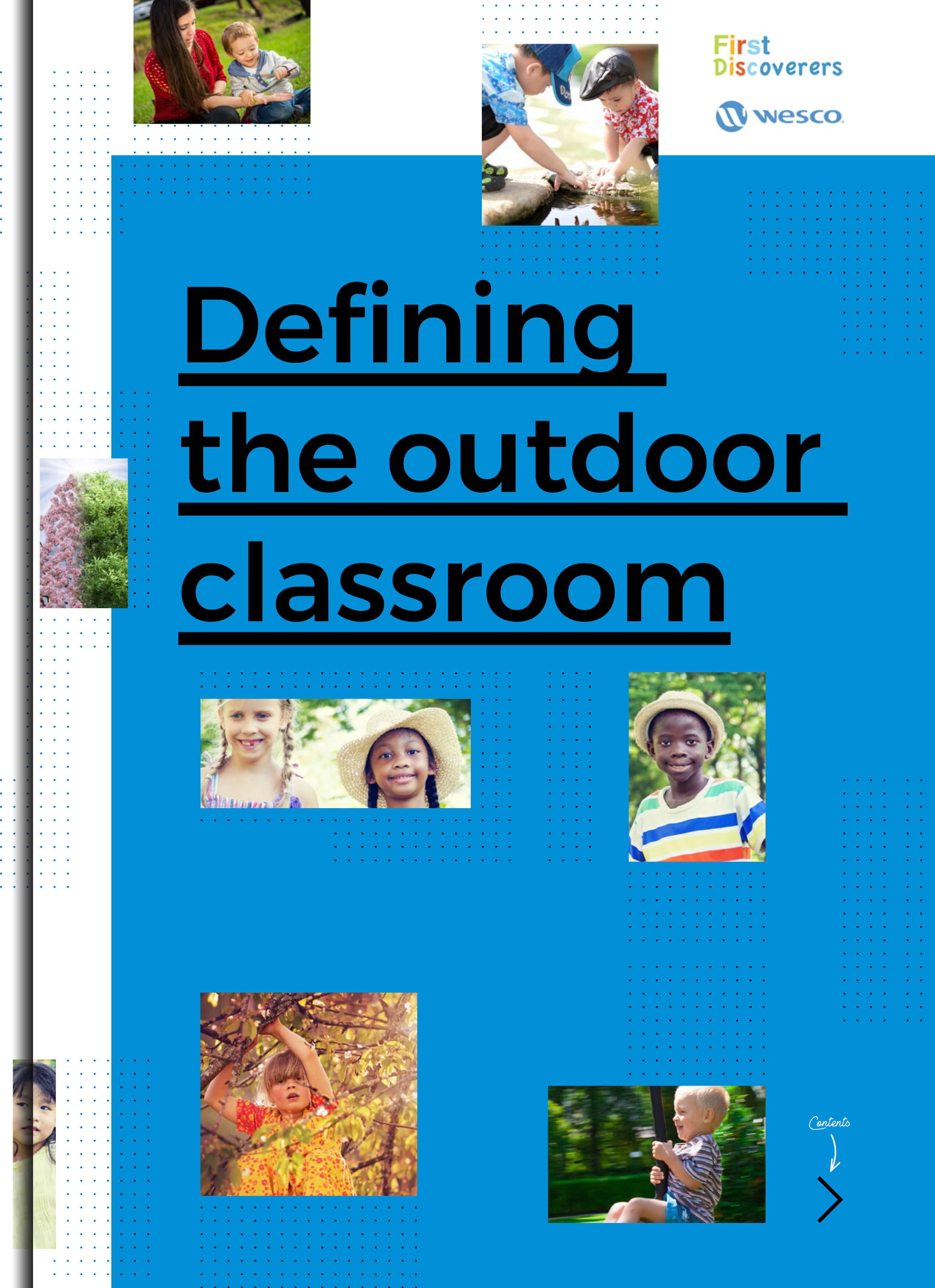
Child Development
Early Years Childcare Studies
When confronted with childcare studies and research, professionals are naturally tempted to regard findings that support their own methods more favourably than those which challenge their practice and the assumptions upon which it is based.
Furthermore, pre-school research covers a very broad range of institutions, sometimes making useful comparisons quite difficult. Nevertheless, current expectations are high: research will impact upon all early years childcare settings, and staff and institutions will be positively rated if they can demonstrate their practice is research-driven.
Educational research aims to do one, or more, of the following:
– evaluate the quality of existing provision;
– generate new knowledge to inform practice and improve the quality of teaching and learning;
– raise professional standards.
Given the drift towards role convergence, there is a demand for early years professionals to acquire the same levels of professional expertise (and respect) as mainstream teachers. Though Cohen and Mannion were commenting on the general teaching profession, their remarks about how research supports this aim are still relevant to today’s early-years context:
Defining The Outdoor Classroom – Download Free eBook
‘The… value of scientific research in education is that it will enable educators to develop the kind of sound knowledge base that characterises other professions and disciplines; … one that will ensure education (gains) a maturity and sense of progression…’ (Cohen and Mannion, 19801 )
[Tweet “Are We Nearly There Yet? Some perspectives on the impact of early childcare in the UK.”]
Recent Research Summary
A summary of some recent research – a government review, plus three smaller studies – will give readers a flavour of the main themes emerging from recent UK assessments of early childcare.
-
DfE: Early Years Evidence2
The DfE’s (2011) evidence shows that:
– achievement at the Early Years Foundation Stage is rising;
– early investment is important because achievement at EYFS inevitably correlates to achievement at KS1;
– social class and affluence strongly influence children’s attainment;
– the home-learning environment is a key feature;
– the quality and effectiveness of pre-school provision make a critical difference, better provision produces better development;
– qualifications in the early years workforce, and well-qualified managers, are a driver of quality;
-
Effects of early childcare on cognition, language, and task-related behaviours at 18 months: An English study3
This 2011 study concluded that:
– nursery care had positive effects on cognition, but not language;
– there was some evidence the quality of non-maternal care improved early task-related attention and social behaviour outcomes;
– mothers’ socio-demographic background was predictive of children’s development;
– higher quality childcare was linked to significantly better child outcomes on cognition;
– the strongest and most consistent predictors of overall early years childcare quality involve the kinds of language caregivers directed to the children (e.g., responding to vocalisations, asking questions, praising, teaching, and talking to children in other positive ways);
– the study evidence implied high-quality care is beneficial for all.
[Read more on Linguistic Development or Cognitive Development]
-
Quality and Inequality: Do three- and four-year-olds in deprived areas experience lower quality early years provision?4
Published in 2014, the main messages from this report are:
– ensuring good quality provision for children with the most to gain is a challenge. While outcomes have shown recent improvement, the gap between disadvantaged and advantaged children has not closed substantially.
– settings with well-qualified staff scored higher. Those with an overall well-qualified staff team and a graduate Early Years Professional tended to achieve better inspection grades, with the most highly graded settings having both features – better qualifications deliver better quality for all children.
– the analysis has been reinforced by Ofsted5 data on early-years staff qualifications. The authors support Ofsted’s gathering of detailed contextual information, and propose this could be extended to include other factors known to relate to quality (e.g. staff turnover).
-
The Effective Provision of Pre-school Education (EPPE) project: Findings from Pre-school to end of Key Stage 16
Funded by the DfES, the ongoing EPPE project reports that:
– pre-school attendance is better than none, and duration of attendance (in months) is important: an earlier start (under three years) produces better intellectual development, but full-time is no better than part-time provision;
– disadvantaged children benefit significantly from good quality preschool experiences, especially where there is a mix of children from different social backgrounds;
– overall, disadvantaged children tend to attend preschool for shorter periods of time than those from more advantaged groups (4-6 months less);
– there are significant differences between individual preschools and their impact on children: some settings are more effective;
– quality is higher overall in settings integrating care and education, and in nursery schools.
Studies and Research in Context
Research can take place in a variety of contexts, and use a range of methods. Thus a simple study of ‘motivation’ could actually take several forms and yield a variety of findings:
a) A large study observing and recording children’s motivation in an everyday nursery setting
b) A smaller study observing, recording and analysing strategies different pre-school teachers used to motivate child learners
c) A small-scale study observing and then assessing the impact and effectiveness of a certain coaching strategy in improving the motivation of learners
d) A laboratory experiment with mice, exploring and measuring how certain factors (e.g. food, warmth, social contact) influence task motivation
[Learn more about the Science behind Early Years Childcare]
All of these approaches to research have rich potential to improve and advance our understanding of many aspects of childcare. Therefore, in order to inform practitioners how current knowledge and some new child-related research can influence pre-school provision, a fresh series of articles will now consider these perspectives within a sequential framework of early years ‘developmental milestones’.







You must be logged in to post a comment Login